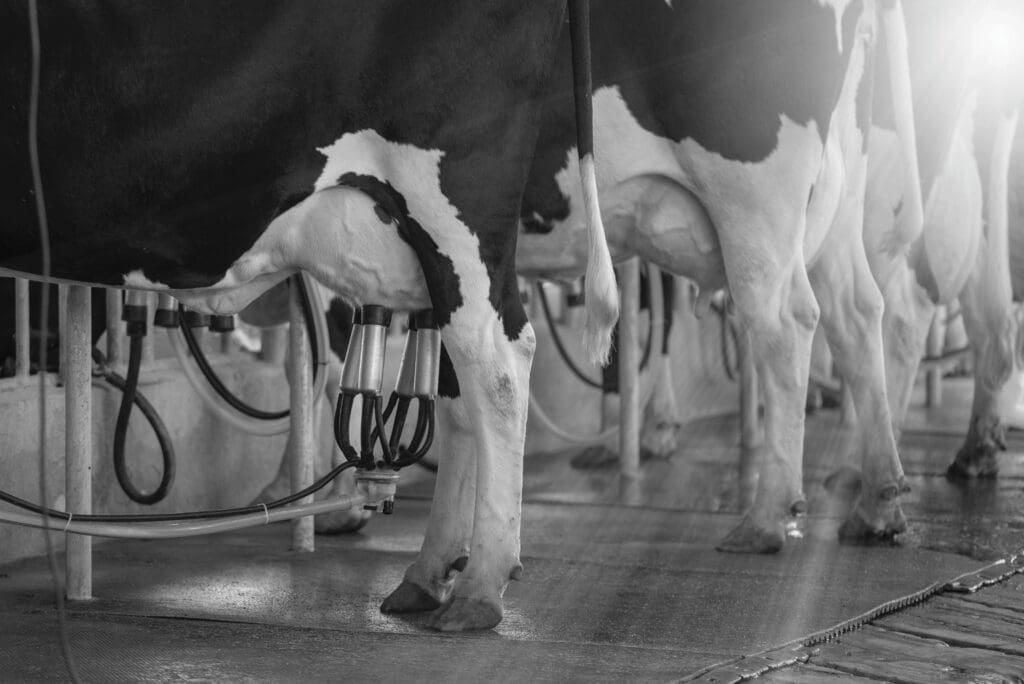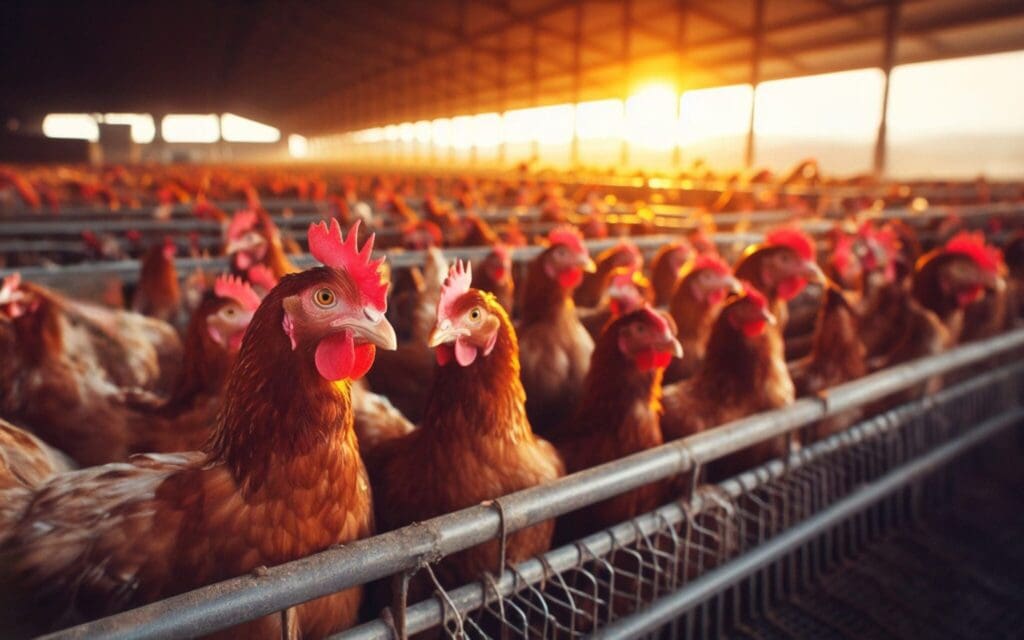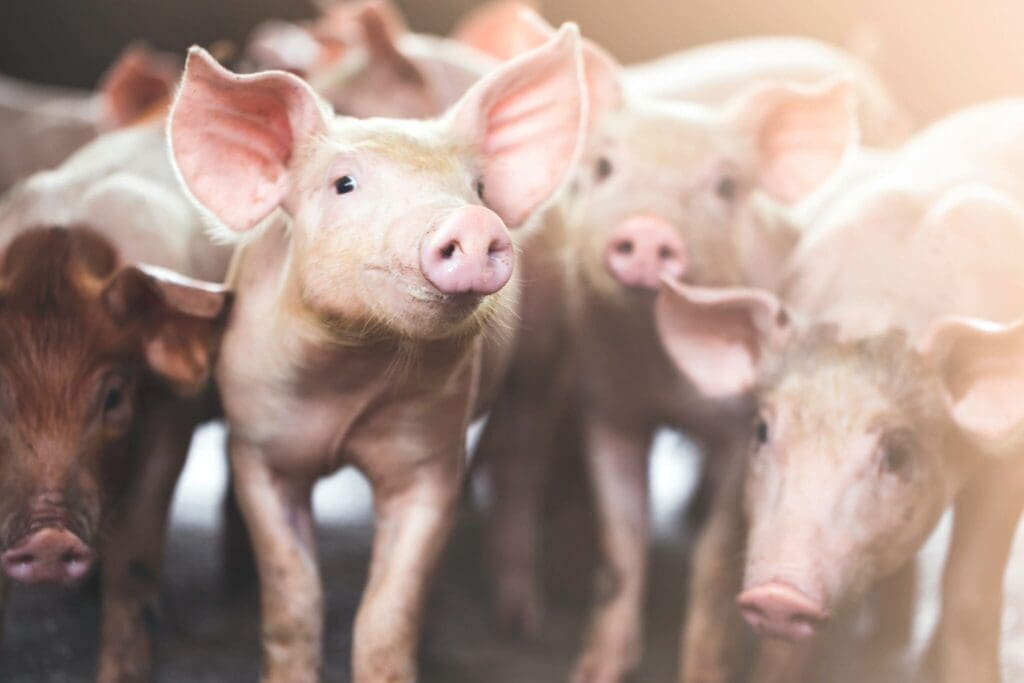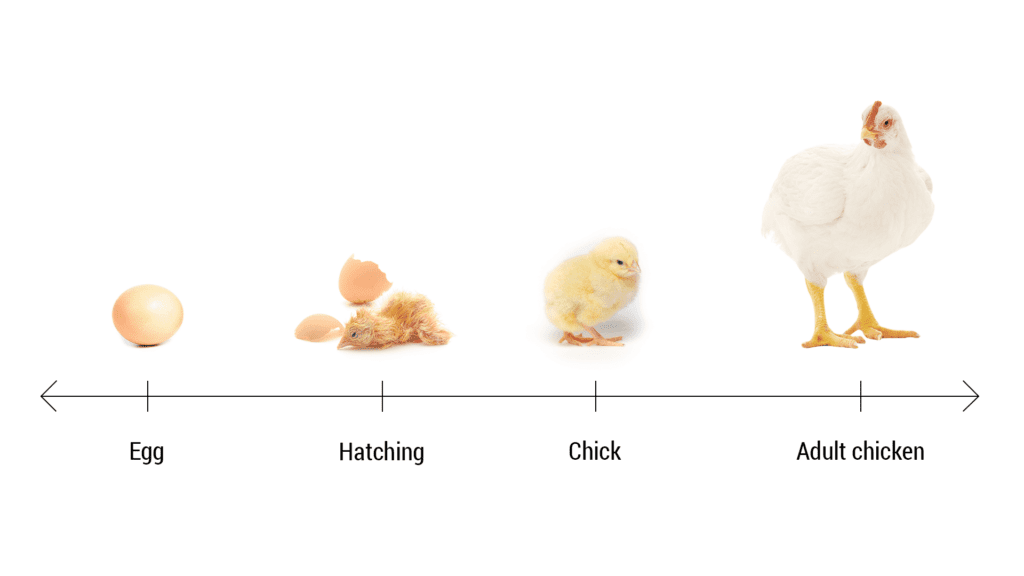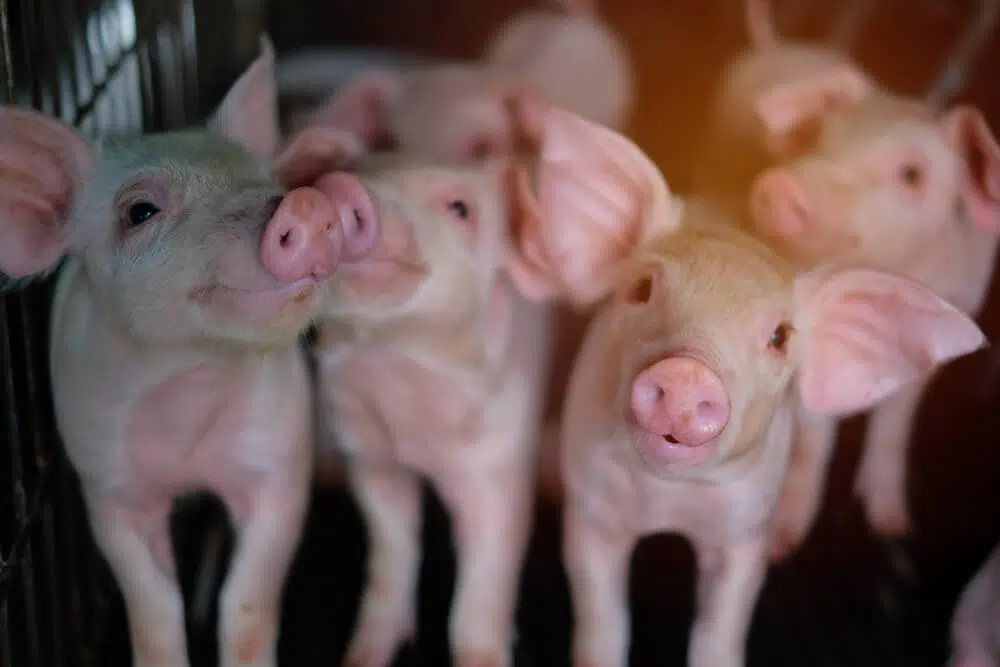Dietary betaine acts both as an osmolyte, reducing the pig’s energy demands to maintain cellular water
and ion balance, and as a methyl donor. This can save on dietary methyl donors such as methionine
and choline, both providing opportunities to reduce feed cost.
Reducing animals’ maintenance requirement through improved osmo-protection effectively frees some
feed energy for lean meat growth. As 40-50% of maintenance energy goes in meeting the demands of
the gut and other visceral organs, then even small reductions in maintenance requirements can have
dramatic effects on pig performance, as more energy is available for lean meat growth. Improving
osmotic balance in the cells lining the intestines can also aid nutrient absorption and can contribute to
more consistent pig performance.
Mashilo Phosa is the Swine team lead at Chemuniqué

